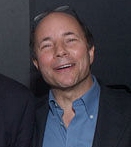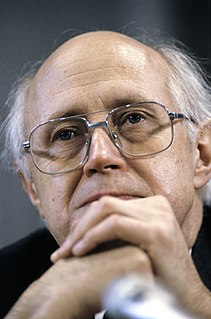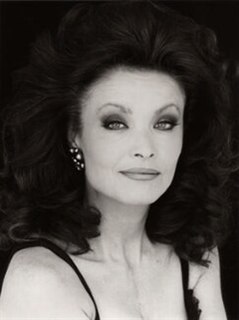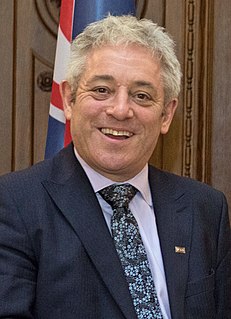A Quote by Fatima Bhutto
In a country like Pakistan where is politics is often an art form of the elite, and it's often very dynastic, it's hard to explain to people why I don't think it's a birthright.
Related Quotes
Politics, which really is about the art of expression, ought to be a logical profession for writers (it's very hard to explain to politics- and policy-addicted people that language is the basis of all ideas - if you can't say it, you can't think it), instead of a refuge for lawyers and apparatchiks.
Artists tend to be people of strong character and opinion. Often they are dismissed in our culture if they don't fit a certain mainstream media mold. It's a reason why filmmakers are now releasing films online. Art, in any form can invoke various emotions and actions. I think some can be frightened of the power that a simple image can invoke and that's why they tend to shy away from it. But art documents moments in our history and that image is often what many people remember of a certain time.
I feel engaged with young people in Pakistan. But that said, it's still a small minority that reads novels, literary fiction. But it isn't necessarily a small minority of the wealthy elite in the city of Lahore. It can often be and I often do meet at literary festivals students who've ridden a bus 12 hours from a very small town just to hear some of their favorite writers come and speak.
My definition of art has always been the same. It is about freedom of expression, a new way of communication. It is never about exhibiting in museums or about hanging it on the wall. Art should live in the heart of the people. Ordinary people should have the same ability to understand art as anybody else. I don’t think art is elite or mysterious. I don’t think anybody can separate art from politics. The intention to separate art from politics is itself a very political intention.
As a composer, I believe that music has the power to inspire a renewal of human consciousness, culture, and politics. And yet I refuse to make political art. More often than not political art fails as politics, and all too often it fails as art. To reach its fullest power, to be most moving and most fully useful to us, art must be itself.
There is some confusion as to what magic actually is. I think this can be cleared up if you just look at the very earliest descriptions of magic. Magic in its earliest form is often referred to as “the art”. I believe this is completely literal. I believe that magic is art and that art, whether it be writing, music, sculpture, or any other form is literally magic.
If you put a much older woman in 'Doctor Who,' they can identify with it. I think it's quite an interesting concept, and if you remember things like 'Grimm's Fairytales,' the older woman is often the villainess, often the terrifying figure - why I do not know, but often she is. I think it's an idea to be exploited.






































